Wasps
Unlike bees wasps won’t only sting you once.
Wasps tend to nest up high and under covered areas.
paper wasps
Paper wasps build their nests from wood and plant pulp and are active primarily during the days of the warm spring and summer months. They usually eat and feed on other insects ,but Wasps are also attracted to open trash bins, humming bird feeders, pet food, and anything sweet. Nesting occurs on buildings in their roof eaves, attic vents, or hidden under objects. Wasps are mostly known for their hostility towards anything disrupting their nest and their ability to sting multiple times. Stings are painful and can cause swelling, with serious reactions occurring in those that are allergic. It is strongly recommended that wasp proofing or nest removal be done after initial treatment so the wasps don’t re-infest the same area.
+ Tips to prevent Infestation
• Adjust sprinklers to not have excess moisture near structures
• Have lidded trash bins, and make sure to keep them closed
• Liquid Bird Feeders are attractants, so consider removing or moving them away from eaves
• Seal pet food containers and consider feeding pets indoors
• Properly screen garage vents, doors, and windows
• Install weather stripping around doors, windows, and garage car door
• Seal holes around wires, conduits, pipes, and other holes leading into structure
Mud Dauber collecting dirt for nest
Mud Dauber making its nest
Mud Daubers
Mud daubers build their nests from mud, just as their name implies. They are active primarily during the days of the warm spring and summer months, during which they prey mostly on spiders. Nesting occurs on buildings in their roof eaves, attic vents, or hidden under objects. Mud Daubers are generally not hostile, although they will sting if disrupted and have the ability to sting multiple times. Stings are painful and can cause swelling, with serious reactions occurring in those that are allergic. It is strongly recommended that mud dauber proofing and nest removal be done after initial treatment so they do not re-infest the same area.
+ Tips to Prevent Infestation
• Adjust sprinklers to not have excess moisture near structures
• Have lidded trash bins, and make sure to keep them closed
• Properly screen garage vents, doors, and windows
• Install weather stripping around doors, windows, and garage car door
• Seal holes around wires, conduits, pipes, and other holes leading into structure



